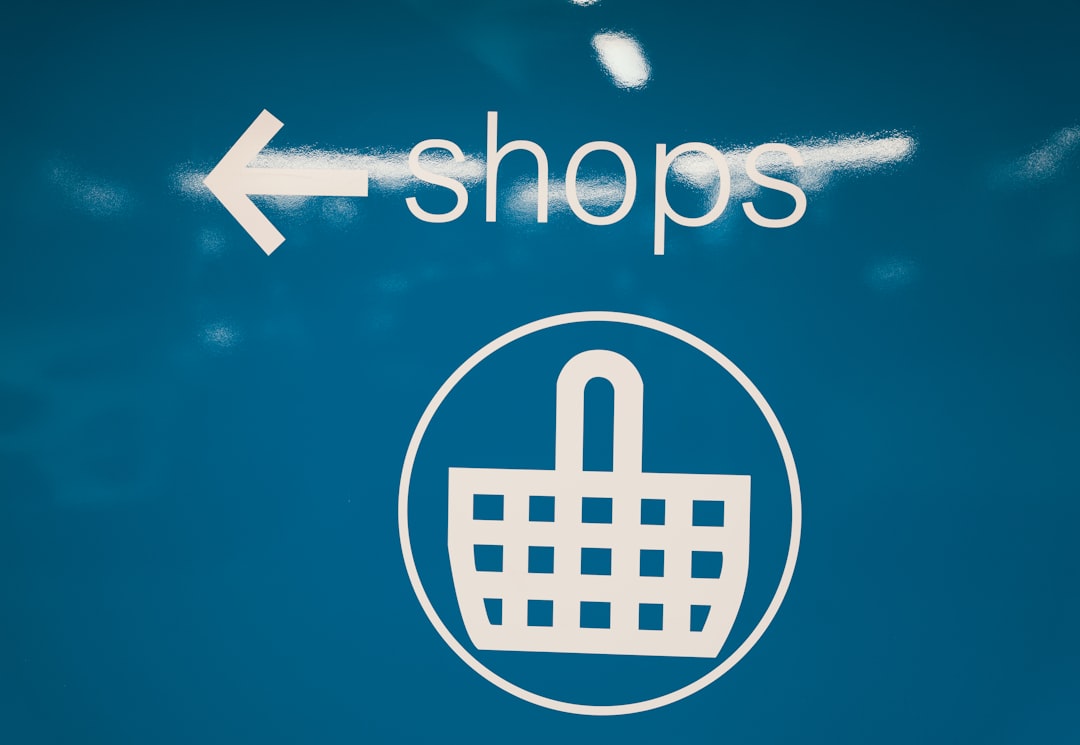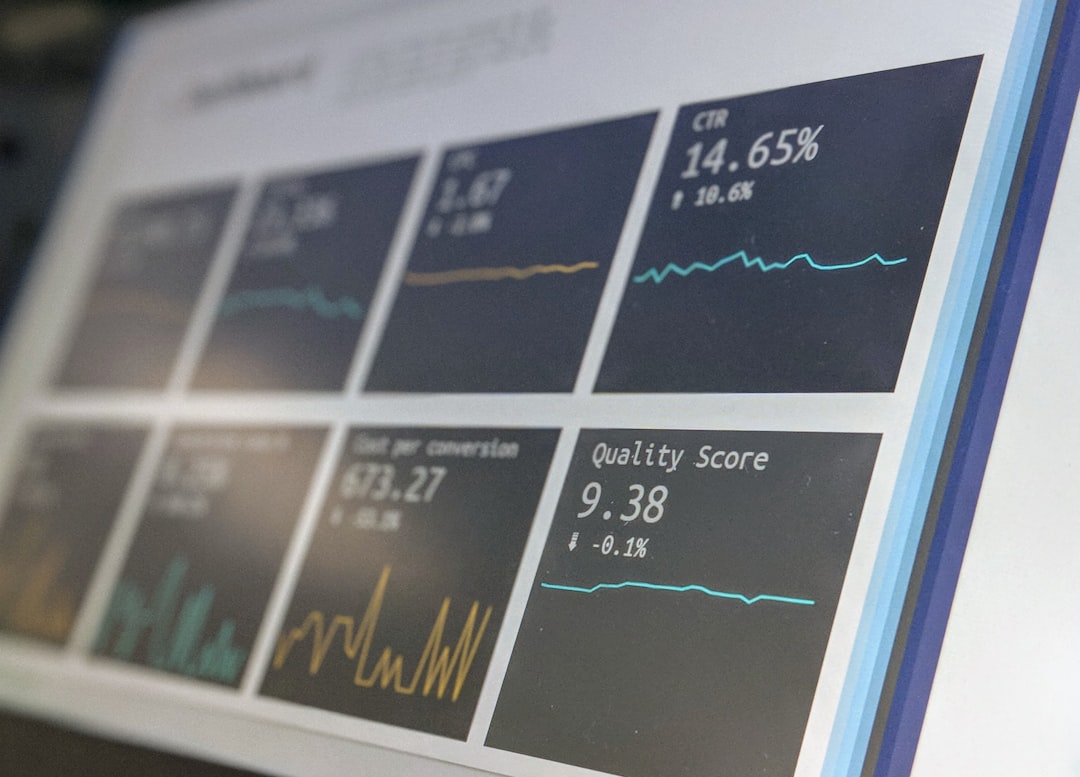Businesses involved in wholesale and B2B ecommerce often have very different needs than those selling directly to consumers. From complex pricing models and bulk ordering capabilities to tight integrations with ERP systems and customer-specific catalogs, B2B ecommerce platforms must rise to the challenge. Choosing the right wholesale ecommerce platform can drastically impact the scalability, efficiency, and profitability of a B2B business.
In today’s marketplace, where digital transformation is no longer optional, it’s essential to understand which ecommerce platforms are leading the way in serving B2B wholesale businesses. Below, we’ve examined and reviewed some of the best wholesale ecommerce platforms available. Whether you’re an established manufacturer or a growing distributor, this guide can help you select the solution that best fits your business needs.
1. Shopify Plus
Shopify Plus is the enterprise version of the world-famous Shopify platform. It offers robust B2B features to meet the demands of wholesalers and manufacturers. While Shopify is mostly associated with B2C businesses, Shopify Plus includes tools and functionalities specifically designed for B2B customers.
- Dedicated B2B features like custom pricing, automated workflows, and bulk ordering.
- Highly scalable and secure, suitable for high-volume sellers.
- Easy integration with ERP and CRM systems.
- Support for custom storefronts and password-protected catalogs.
This platform is especially suitable for B2B businesses looking for a user-friendly interface while still having the flexibility of a highly customizable enterprise-level solution. That said, Shopify Plus can be relatively expensive compared to some alternatives, so it’s best suited for businesses with the budget and scale to justify the cost.

2. BigCommerce B2B Edition
BigCommerce has grown significantly in the B2B ecommerce space and now offers a specifically tailored B2B edition. The platform provides a powerful and flexible ecommerce solution for wholesalers, manufacturers, and distributors.
- Customer-specific pricing and order history.
- Integration with popular B2B systems including PunchOut2Go for eProcurement integration.
- Advanced search functionality and mobile-optimized experiences.
- Open API infrastructure allowing seamless third-party integrations.
One of BigCommerce’s key strengths is its headless commerce capability, allowing businesses to use any frontend framework they prefer, while maintaining robust backend infrastructure for orders, products, and customer management.
3. Magento (Adobe Commerce)
Magento, now known as Adobe Commerce since its acquisition by Adobe, remains a powerhouse in the ecommerce world. It is an open-source platform, which provides unparalleled customization for businesses that require it.
- Highly customizable with a range of B2B extensions and modules.
- Advanced pricing structures, requisition lists, and custom catalogs.
- Quote management tools and B2B self-service portals.
- Integrated inventory and order management solutions.
However, Magento is not ideal for those without substantial developer resources, as it requires technical expertise for deployment and ongoing management. For large B2B enterprises needing complex, multi-layered solutions, Magento remains a strong and proven option.

4. OroCommerce
OroCommerce was specifically built from the ground up for B2B ecommerce needs. Created by the original developers of Magento, this platform is focused entirely on providing the tools, flexibility, and integrations needed for wholesalers and B2B companies.
- CRM system built-in thanks to OroCRM.
- Custom workflows tailored to B2B purchasing processes.
- Customer-specific price lists and product catalogs.
- Support for complex organizational hierarchies and multiple business units.
With its open-source model and highly adaptable framework, OroCommerce is ideal for mid-size to large B2B businesses looking for a complete digital transformation platform. It’s particularly suited for those with more structured procurement needs and a long sales cycle.
5. NuORDER
NuORDER is a wholesale ecommerce platform designed specifically to streamline the relationship between brands and retailers. It’s favored in fashion, lifestyle, and consumer packaged goods industries due to its strong visual merchandising capabilities.
- Digital catalogs with high-quality product imagery.
- Pre-book and reorder management tools.
- Inventory visibility and payment processing all in one platform.
- Real-time data sharing and B2B showroom customization.
NuORDER is less suited for industrial or manufacturing businesses with very complex procurement processes, but it excels in customer-facing sales environments where presentation and brand experience are crucial.
6. Handshake by Shopify
Handshake is Shopify’s dedicated B2B wholesale ecommerce solution, tailored for those looking to expand their retail network. Although more limited in scale than Shopify Plus, it offers streamlined tools specifically for wholesale trade.
- Seamless Shopify integration for existing users.
- Product catalogs and tiered pricing models.
- Simple ordering system for retailers.
- Optimized for use by small to medium wholesale suppliers.
This makes Handshake a solid choice for small and emerging wholesale businesses already operating on Shopify’s ecosystem and looking to expand with minimal effort.
7. NetSuite SuiteCommerce
NetSuite SuiteCommerce by Oracle is another powerful solution primarily geared toward enterprises that require tight integration with backend business processes. It combines ERP, CRM, and ecommerce into a single ecosystem.
- Unified business management across sales, finance, and logistics.
- Personalized B2B experiences with pricing, credit terms, and account-specific catalogs.
- Advanced reporting and analytics tools.
- Real-time inventory and order tracking.
SuiteCommerce is best for large companies already using or planning to adopt the NetSuite ERP system. Due to its cost and complexity, it’s not ideal for small or early-stage B2B sellers.

Key Considerations When Choosing a B2B Wholesale Ecommerce Platform
When assessing which ecommerce platform is best for your B2B business, consider the following factors carefully:
- Customization and Flexibility: Does the platform allow you to create unique customer experiences and pricing structures that suit your business model?
- Integration: Can it integrate with your ERP, CRM, inventory, and accounting systems?
- Scalability: Is the platform able to grow with you as your business expands into new markets or adds more customers?
- B2B-specific Features: Does it include bulk ordering, recurring payments, tiered pricing, quote management, and customer segmentation?
- Security and Compliance: Especially for businesses dealing in international markets, compliance with data regulations and security standards is critical.
Conclusion
There is no one-size-fits-all solution when it comes to choosing a wholesale ecommerce platform for a B2B business. Each platform has its strengths, tailored to different sectors, company sizes, and technical requirements. Choosing the right one involves understanding your unique sales workflows, technology stack, and long-term growth strategy.
From fully customizable enterprise platforms like Magento and OroCommerce to user-friendly solutions like Shopify Plus and BigCommerce, the modern B2B marketplace offers a wealth of options. By investing in the right technology, B2B businesses can enhance operational efficiency, strengthen customer relationships, and adapt more effectively to an increasingly digital commerce environment.